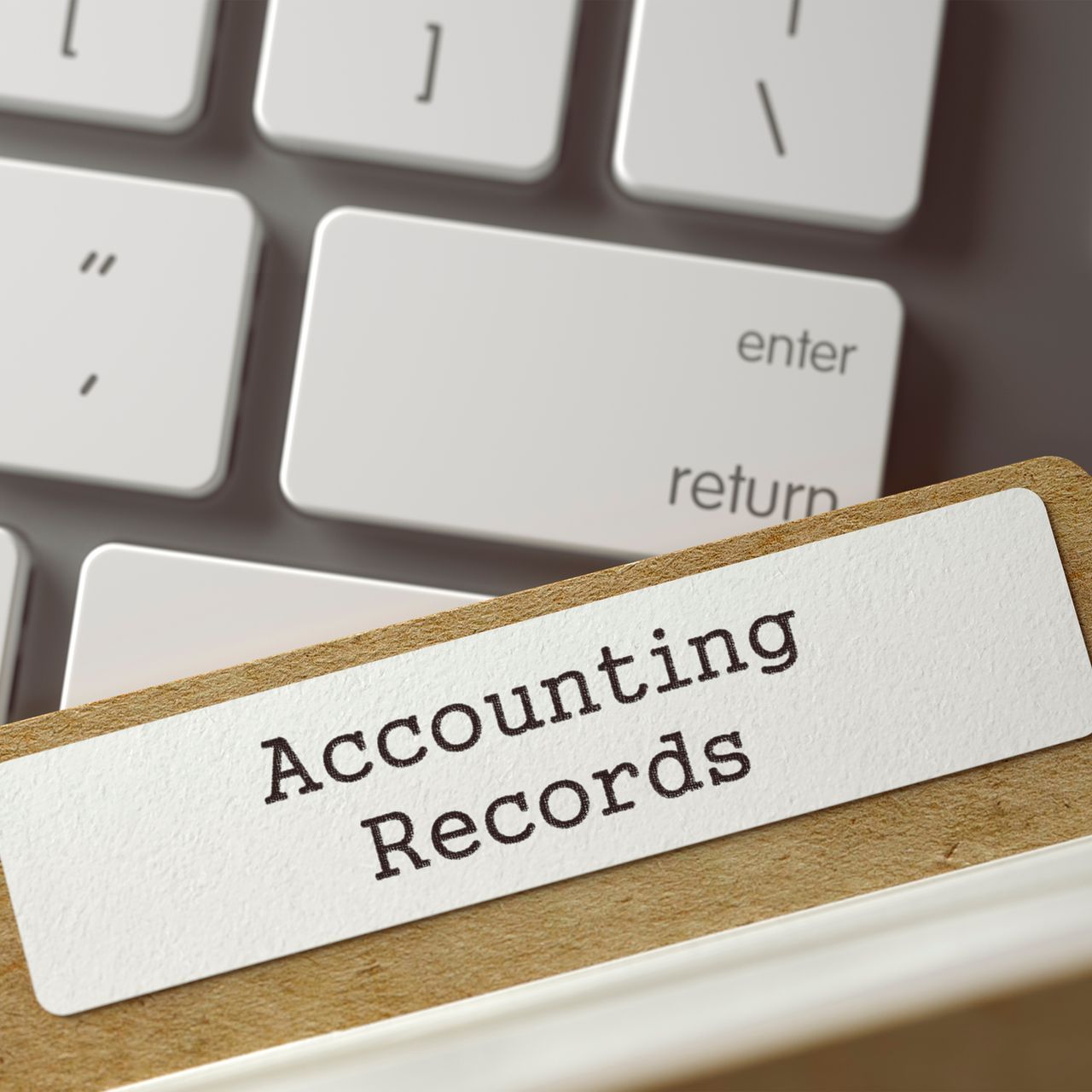Can I change my accountant?
Laura Arbuckle • November 15, 2019
Having been fortunate enough to have gained a number of new clients from other firms I thought it would be useful to reflect on the customer’s experience.
There are many different reasons why you may wish to change your accountant. These include feeling that you are not getting the best experience or perhaps feeling like you are naturally outgrowing your existing accountant. If you do want to make a change, it should be a fairly simple process (although occasionally it can take a little while to work through it!) – here’s how.

Find a new accountant that is suitable for your needs
The nature of your relationship with your accountant is such that you can end up sharing very personal information with them, as well as your hopes and dreams for your business. Therefore, you need to make sure that you feel comfortable working with the accountant you choose.
You need to select someone that is sufficiently competent to serve your needs and also the needs of your business. Perhaps surprisingly, you don’t need to hold a professional qualification to call yourself an accountant so you should do a little research to ensure that the accountant you choose is capable of doing the work to a high enough standard for you. Look out for members of professional bodies such as ICAS, ICAEW, ACCA, CIMA, CIPFA and AAT.
You should also choose an accountant that is able to provide a service at the level or volume that you are looking for. If you have a large company with many staff, you may need more attention than a sole practitioner can provide. Conversely, if you are a small business, you may feel like you are not getting a personalised service from a larger firm of accountants.
Tell your existing accountant that you wish to switch
If you are switching accountants, you need to tell your existing accountant that you wish to move your business elsewhere. This serves two purposes.
Firstly, it is good practice and indeed courteous for them to hear directly from you that you have made that decision and to understand why you have come to that decision.
And secondly, the existing accountant can only release information to your new accountant once they have received permission from you. Your existing accountant may have a particular format that they need to receive this permission in, for example by post or by email.
Your new accountant will write to your existing accountant
This is an essential part of the anti-money laundering process and is in place to stop criminals from moving accountant regularly in order to avoid the ongoing scrutiny of transactions.
Not only that, your accountant will hold information that has been used to produce the accounts and tax returns as well some information such as capital gains tax values that may not be used until you come to sell an asset. Without this information it would be impossible to produce accurate accounts for you in the future. Your outgoing accountant should pass on all the information the new accountant needs to be able to service your requirements.
Anything else?
Once the new accountant has received professional clearance from the existing accountant, they can request authority to act for you with HMRC (if appropriate).
What next?
The process can take anywhere from a few days to a few weeks. The length of the process generally depends on the speed with which the outgoing accountant can send information through - you can assist the process by providing your permission for the old accountant to contact the new accountant. You should allow plenty of time between return submissions, just in case.

If your company provides you with a traditionally fuelled car for personal use, it can be a very expensive way to fund your vehicle. However, if your company provides you with an electric car that you can use personally instead, the tax tends to be substantially lower than for traditional vehicles and there are incentives for the company as well.

My residential landlord clients would probably tell you that they are fed up of hearing about HMRC’s latest requirements for reporting Capital Gains Tax. At every accounts review meeting I make sure they are fully aware that in the event they sell their residential rental property, they must complete a return and pay any tax that is likely to be due within 60 days of the sale being agreed.

If you are juggling your work-life balance, we can help you to find more time for yourself by helping you with your self-assessment return. You may be wondering how that might work in practice. I can’t speak for every accountant or payroll operator but in this blog post I describe how the process works at Armet Accounting.







